This has been a very busy few weeks, involving for me, unaccustomed travel. Two weddings, one in Vancouver, and two funerals in Calgary. Such is the circle of life. My apologies to those I have not seen in my usual regular schedule as three of these events have taken me out of town.
Naso is a parashah some of whose words are often repeated weekly by parents as they bless their children – or as they might have the blessing to receive from their own parents. What we more commonly may know as Birkat haKohanim, the Blessing of the Kohanim, or the Priestly Blessing s also recited on Shabbat. The text to be used for the blessing is specified in Numbers 6:22–27:
“And the LORD spoke unto Moses, saying:
Speak unto Aaron and unto his sons, saying: In this way you shall bless the children of Israel; you shall say to them:
“May the LORD bless you, and keep you;
May the LORD make His face shine upon you, and be gracious to you;
May the LORD lift up His face to you, and give you peace.”
With these words our Kohanim may bless us, our parents may bless us, we continue that chain of blessing.
Gratitude: I am so grateful to the volunteers of the Chevra Kadisha in Calgary for caring for the body and souls of those we have loved. To know this mitzvah is available enables us to all share a different chain of connection, one of deep trust, of kavod, honour and of love.
Wishing all long life, healthy life, a good life,
With deep love,
Rabbi Lynn


Ki Tavo
September 7, 2025 by Rabbi Lynn Greenhough • From the Rabbi's Desk
This past Shabbat three people new to Kolot Mayim walked through our doors. Others returned after an absence. Old friends met new people – it was a lovely and special morning. What a blessing it is to have a place and time where chance can intermingle with scheduled.
Ki Tavo, our Torah reading this week, starts with he phrase, “It will be when you enter…(the Land)”. Every entry moment throughout our lives matters. How we wake up in the morning and enter our day matters.
As we are preparing for Rosh Hashanah, perhaps thinking about what fruits of this New Year might be, what our goals are for the coming year, let’s remember that Kolot Mayim is a place of becoming as well. Learning, engaging, taking on tasks to ensure the work gets done, and sometimes just stepping across a threshold, not knowing yet how you might fit in, all is important.
I want to thank Lorne Mitchell who put so much time and enthusiastic effort into upgrading our audio and visual systems, with new equipment.
Much love,
Rabbi Lynn